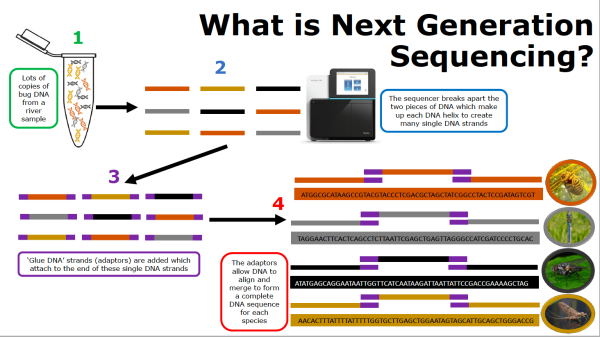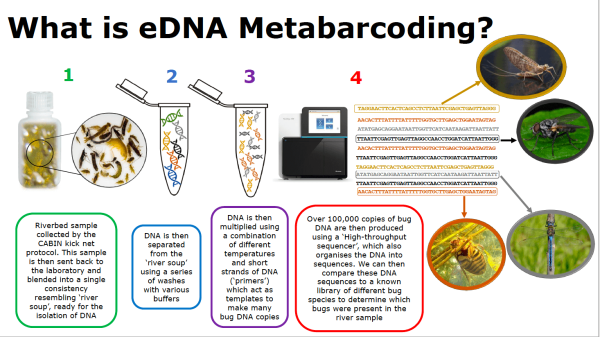New eDNA project STREAM launching Spring/Summer 2019
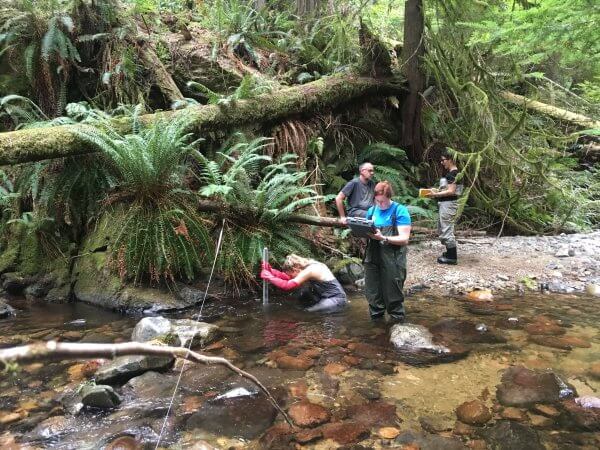 STREAM (Sequencing the Rivers for Environmental Assessment and Monitoring) DNA, is a new community-based project which involves the collection of eDNA from rivers across Canada. STREAM is a collaboration between Living Lakes Canada (LLC) World Wildlife Fund (WWF) Canada, Environment and Climate Change Canada (ECCC) and the University of Guelph. The project will work with interested partners including community and water stewardship groups, academia, Indigenous communities, all levels of government and industry to collect data for stream health assessments.
STREAM (Sequencing the Rivers for Environmental Assessment and Monitoring) DNA, is a new community-based project which involves the collection of eDNA from rivers across Canada. STREAM is a collaboration between Living Lakes Canada (LLC) World Wildlife Fund (WWF) Canada, Environment and Climate Change Canada (ECCC) and the University of Guelph. The project will work with interested partners including community and water stewardship groups, academia, Indigenous communities, all levels of government and industry to collect data for stream health assessments.
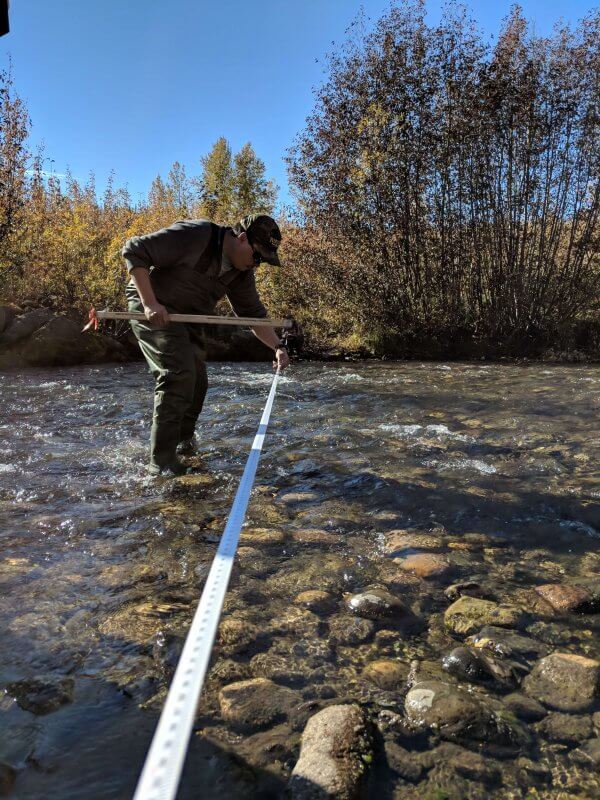 This project will use an updated version of the Canadian Aquatic Biomonitoring Network (CABIN) protocol, developed by ECCC to collect eDNA samples using biomonitoring of benthic invertebrates, or the small animals on the bottom of the stream. Benthic invertebrates are strong indicators of water quality since the small organisms included in that group are highly sensitive to pollutants and other changes that impact aquatic ecosystem health. See infographics below.
This project will use an updated version of the Canadian Aquatic Biomonitoring Network (CABIN) protocol, developed by ECCC to collect eDNA samples using biomonitoring of benthic invertebrates, or the small animals on the bottom of the stream. Benthic invertebrates are strong indicators of water quality since the small organisms included in that group are highly sensitive to pollutants and other changes that impact aquatic ecosystem health. See infographics below.
The University of Guelph received a $2.6 million grant from Genome Canada to support eDNA sample analysis for communities for 3 years. The goal is to collect 1500 samples from 15 nationally distributed watersheds over 3 years (5 watersheds/year) with community-based water monitoring (CBWM). Participants will learn and build skills for stream health assessments, open sourced data inputs and access while using new, more cost-effective technology. Following the announcement earlier this year, the STREAM project will focus on 5 priority watersheds for Year 1 including the Columbia, Skeena Liard in British Columbia, the Bow Valley in Alberta and Sudbury in Ontario.
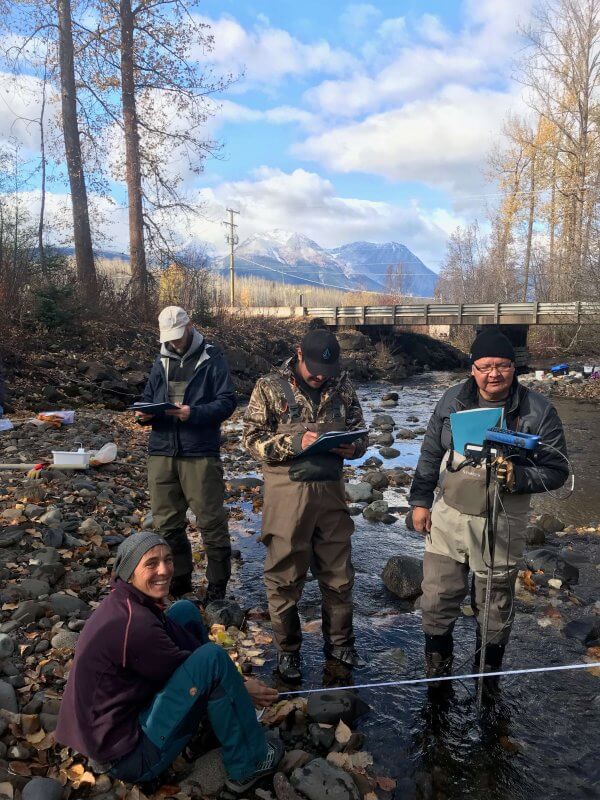 Living Lakes Canada will train and certify interested organizations using an adapted CABIN protocol to include eDNA analysis. Participants will receive their 2-day CABiN field practicum certification during the courses. Living Lakes Canada and partners will assist interested organizations in their first year of sampling, offering knowledge in site selection and monitoring. The organizations will then commit to maintaining the project in later years, submitting samples to the University of Guelph and commit to sharing data in open platforms.
Living Lakes Canada will train and certify interested organizations using an adapted CABIN protocol to include eDNA analysis. Participants will receive their 2-day CABiN field practicum certification during the courses. Living Lakes Canada and partners will assist interested organizations in their first year of sampling, offering knowledge in site selection and monitoring. The organizations will then commit to maintaining the project in later years, submitting samples to the University of Guelph and commit to sharing data in open platforms.
Our first CABIN course is scheduled for the Columbia Basin for June 12 and 13 in Nelson, BC.
We also have scheduled courses in:
Canmore, AB July 16 & 17
Sudbury, ON September 17 & 18
If you have questions about this course, please email LLC Program Manager Raegan Mallinson at raegan@livinglakescanada.ca.
For more information on the CABIN protocol and biomonitoring, visit: https://www.canada.ca/en/environment-climate-change/services/canadian-aquatic-biomonitoring-network.html
For more information on course costs, modules and levels of training and registration visit:
http://canadianriversinstitute.com/training/cabin/


